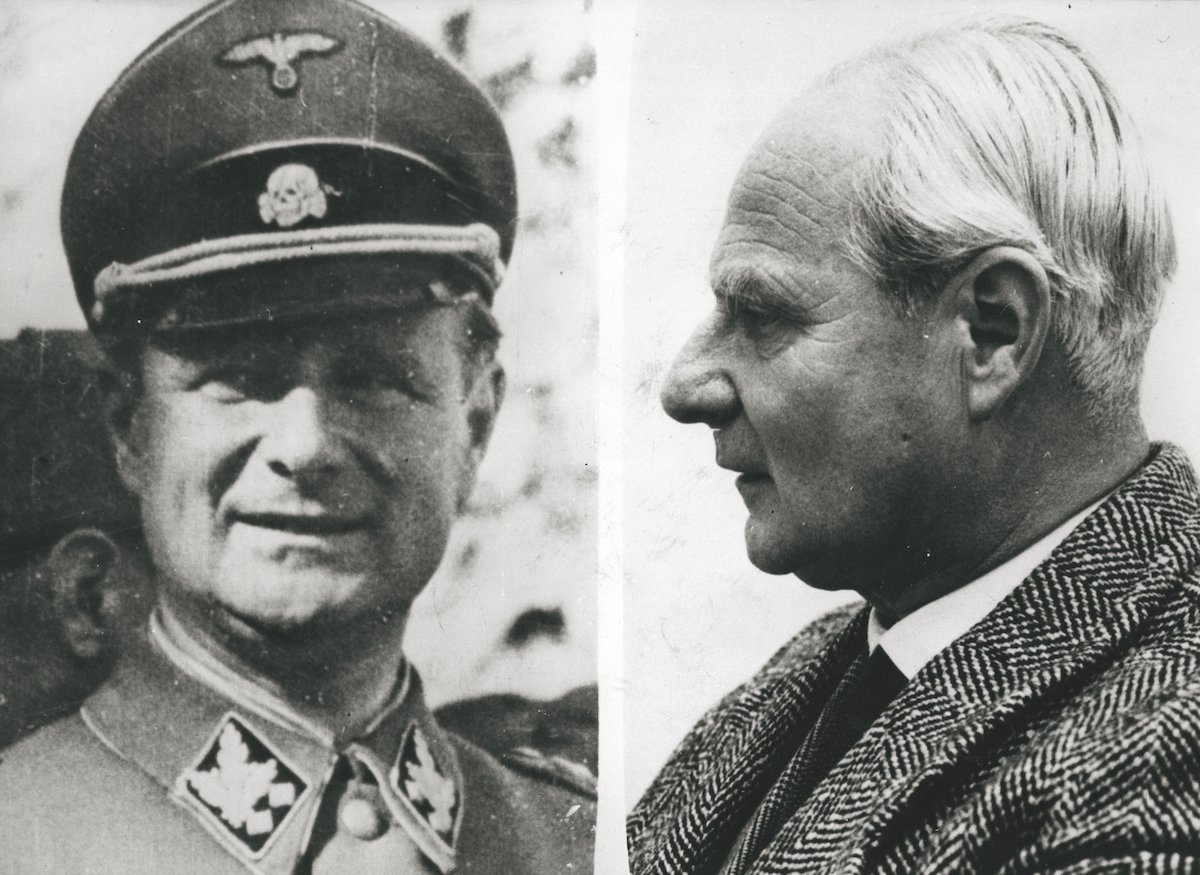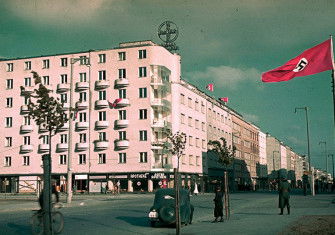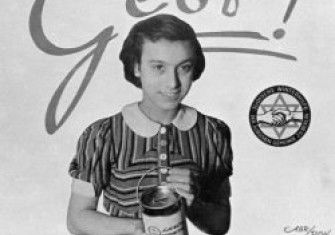‘The World at War’ and the Holocaust at 50
‘Genocide’, the Holocaust episode of The World at War, was pioneering when it first aired. Does it stand the test of time?

Less than a minute into the 20th episode of The World at War the first interviewee appears. He is an old man, impeccably dressed in a black suit jacket with a white pocket square. After a few moments, a caption appears: ‘Karl Wolff’, it reads, ‘S.S. GENERAL’.
Wolff describes how he came to be a member of the elite SS (Schutzstaffel). ‘When I wanted to sign up’, Wolff explains, ‘the man in charge asked me, “Were you a soldier?”’ Wolff’s impressive military record in the Great War earmarked him for rapid promotion, and he came ‘by fate’, as he puts it, to be Himmler’s adjutant.
Wolff appears six times over the course of the episode – he is its most frequently featured interviewee. The episode, which is called ‘Genocide’, focuses on the Nazi persecution and genocide of Europe’s Jews. It features testimony from two other former SS members, an Auschwitz railwayman, seven Holocaust survivors, and the wartime British foreign secretary, Anthony Eden.







